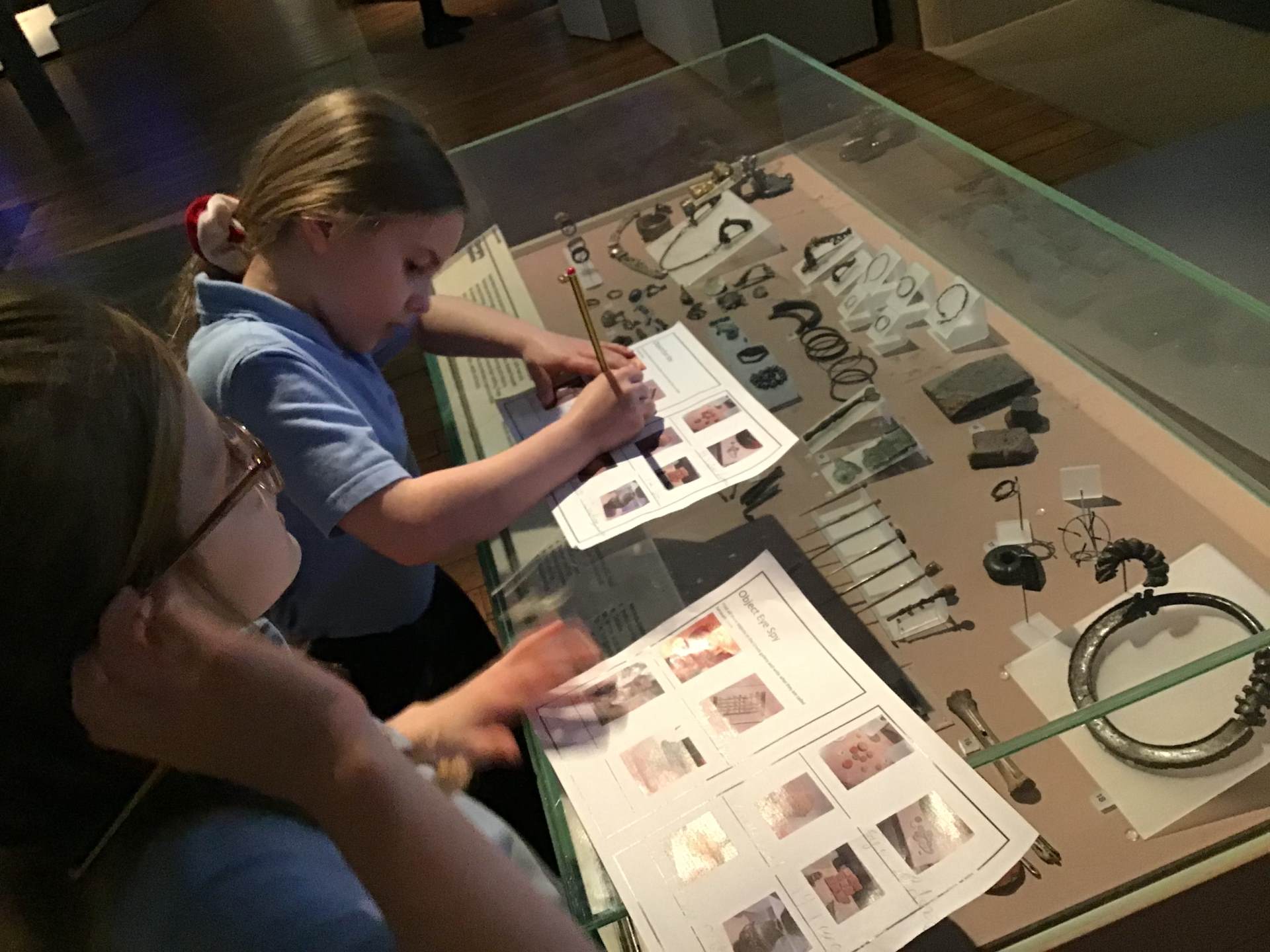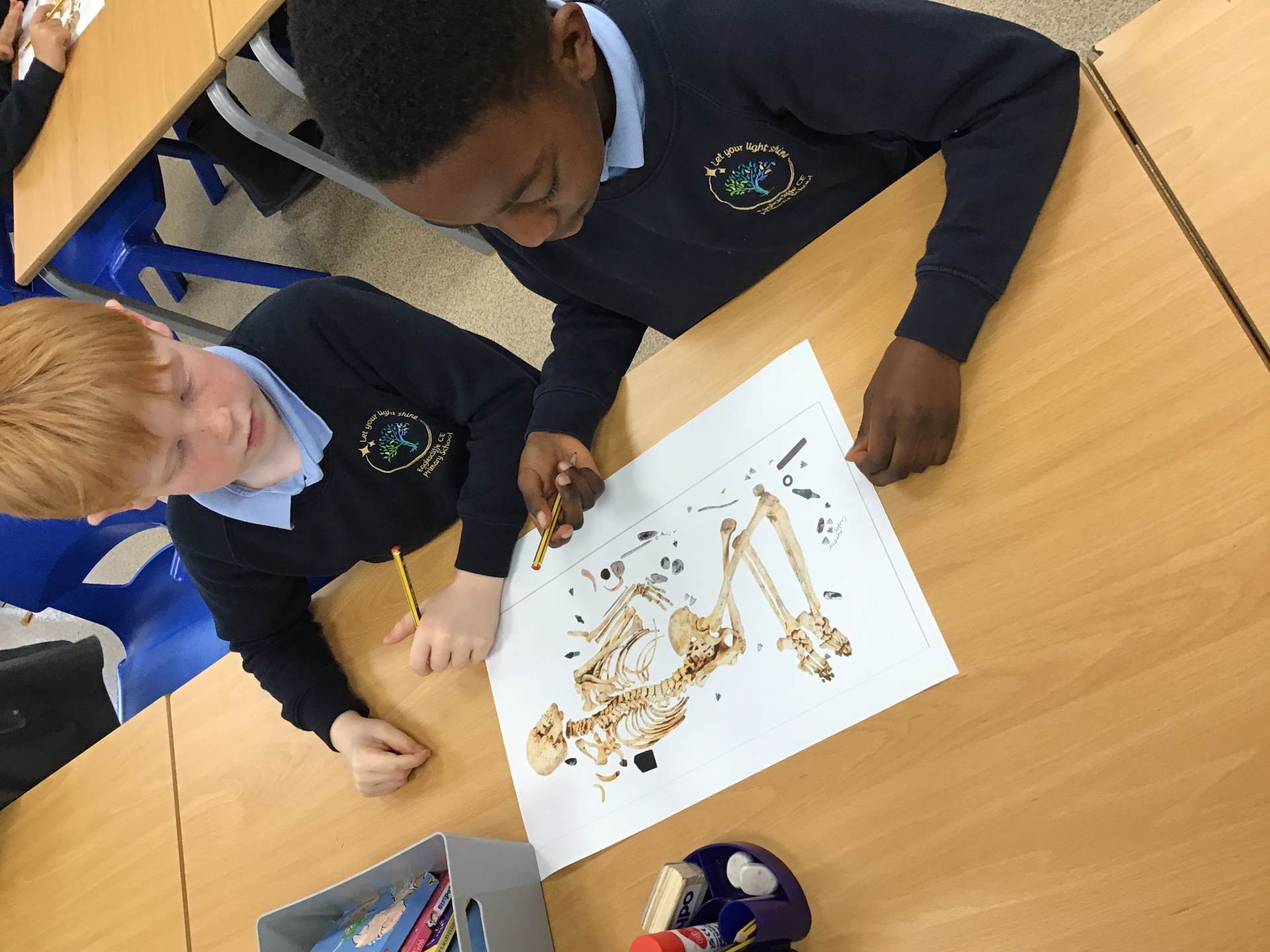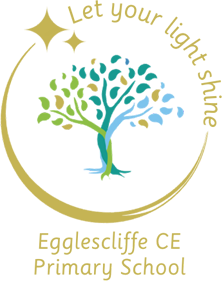History



"If you don’t know history, then you don’t know anything. You are a leaf that does not know it is a part of a tree.”
Michael Crichton
Why we teach History
Children are excited and interested when learning about history at Egglescliffe. They are enthralled by the stories they are told, engaged by the historical journey they are on and are curious to find out more. They can talk with passion about the subjects they are learning about, remember interesting and fascinating details about significant people and events, make meaningful connections between time periods, and ask probing questions of their study of the past. Children know that history provides a gateway to the past which tells us who we are and why we are the way we are. They are eager to find out more.
How we teach History
The history programme of study at Egglescliffe is ambitious and bespoke. Enquiry questions are chosen to enable children to see links and connections throughout history, as well as supporting their understanding that time periods are different to one another. Tasks are designed with historical investigation at the forefront and children use primary sources wherever possible which supports their ability make cautious conclusion using evidence, just as an historian would do. Children encounter key historical concepts such as monarchy, empire, power and religion throughout the curriculum so that they can build a schema of knowledge relating to these abstract concepts and understand their different meanings. The history curriculum is adaptive and responsive and constantly evolves rather than remaining static. Links to local history are explored wherever possible. By using this approach, children’s knowledge is deepened and they are able to make links and connections.
Exceptionality of History
The recent installation of a history wall in the main hall gives children a constant visual example of the main events of both world and British history. It is used throughout units of work to show children the scale of time and how time periods are concurrent and not isolated. The history curriculum is diverse and representative – children learn about people from all walks of life including Ibn Battuta, Pocahontas, Gertrude Bell, Sarah Forbes Bonnetta, Septimus Severus and Amelia Erhart. Historical learning is further enhanced through contact with local museums such as Preston Park and Hopetown, who provide loan boxes and costumed interpreters. Original artefacts from the Stockton to Darlington Railway are used in Y4 to form the basis of a writing unit, Y5 learn about the importance of Black and Asian soldiers in World War 2 using sources from Tees Valley Museums, and Y6 apply their knowledge to create historical pieces of writing for the Historical Association Young Writer’s Awards. A KS1 history detectives club with historians from the S&DR200 Project was incredibly successful, and a whole school trip to Hopetown Museum to learn about the development of the local railways is planned for January 2026. This all contributes to enriching children’s experiences of historical time periods and brings the past to life.
Books used in History
- The Romans: Gods, Emperors and Dormice: Marcia Williams
- Why do we remember? The Great Fire of London by Izzi Howell
- Stone Age Boy by Satoshi Kitamura
- Timeline: A Visual History of Our World by Peter Goes
- Explore!: Early Islamic Civilisation by Izzi Howell
- The Egyptians: Jonny Marx & Chaaya Prabhat
- Empire’s End – A Roman Story by Leila Rasheed
Home Learning Recommendations
Nation Geographic Kids- www.natgeokids.com/uk/category/discover/history/
BBC Bitesize History - www.bbc.co.uk/bitesize/articles/z6pxp9q#ztc37v4
BBC Learning - www.bbc.co.uk/programmes/p01bb49s

